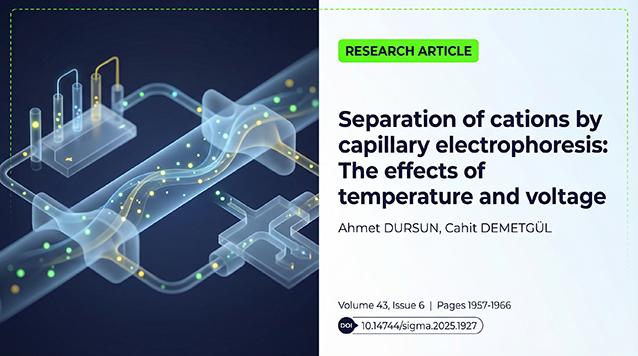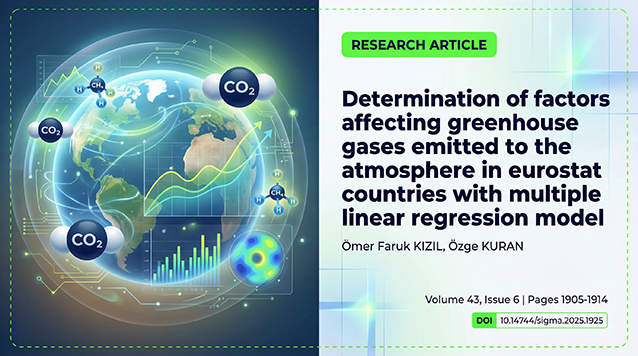Abstract
The present study is a prior attempt to study the influence of the PZT inclusion(s) in the rectangular elastic plate under bending on the stress concentration of this plate utilizing 3D exact equations of the elasto- and piezo-elastostatics theories. The corresponding boundary-value problem is formulated within the scope of the three dimensional exact equations of electro-elasticity theory using the piecewise-homogeneous body model and is solved numerically by the three dimensional Finite Element Method. It is assumed that the plate has simply-supported mechanically and short-circuit conditions with respect to the electric potential along all its lateral edge surfaces and ideal contact conditions are provided at the interface surfaces between the PZT inclusion(s) and the elastic matrix. All algorithms and programs required for the numerical solution are made by the authors. The effects of various matrix materials, the size, volume fraction and location of the piezoelectric inclusion as well as the coupling effect between the mechanical and electrical fields, in addition to the effects of interaction between the neighboring PZT inclusions in a simply-supported rectangular thick plate under bending force on the stress distributions therein are investigated and discussed. It is established that PZT inclusion(s) within the rectangular plate under bending force causes a decrease in the values of normal stresses and causes an increase in the values of shear stresses at the interface between the matrix and PZT inclusion(s).
















